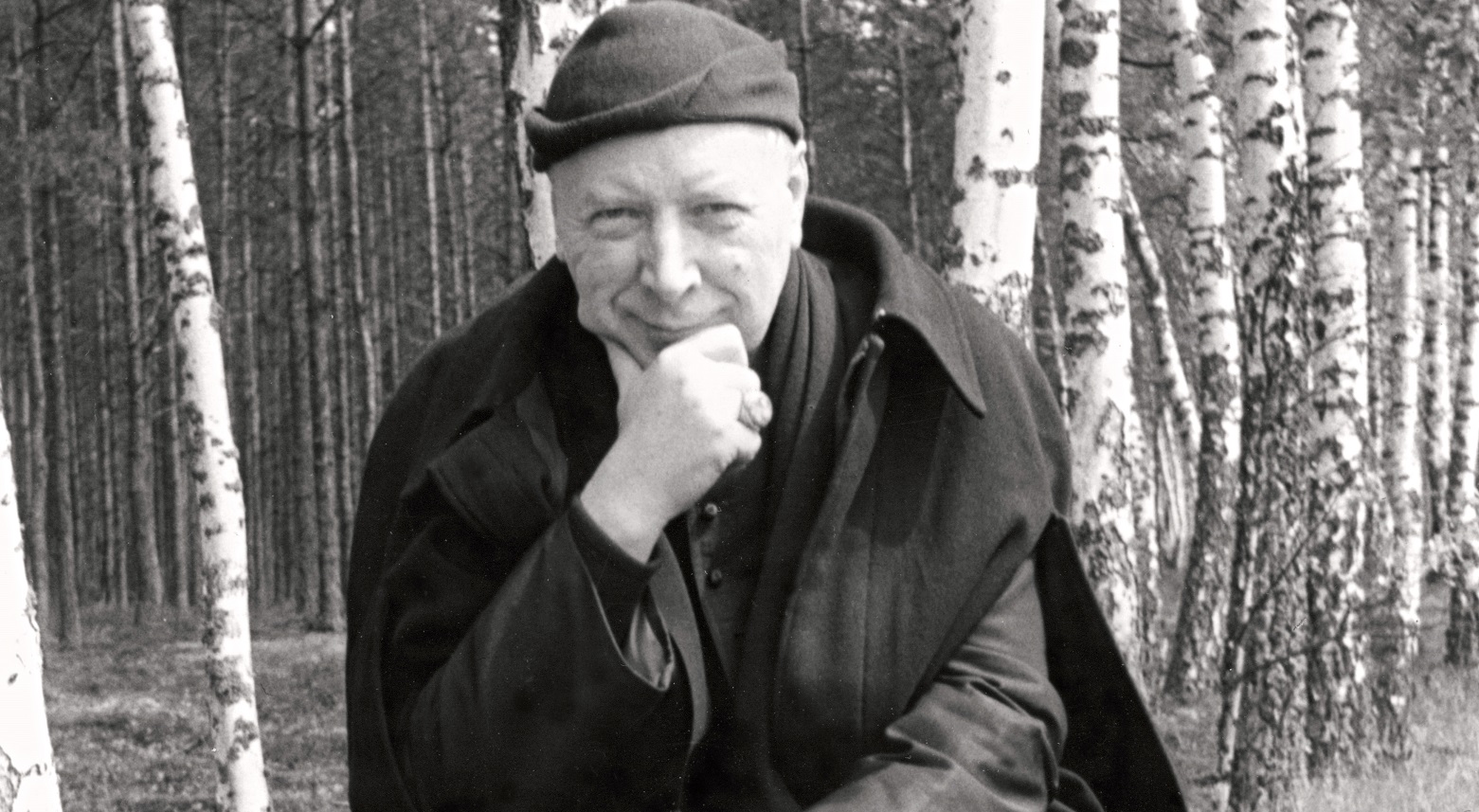Father and Shepherd #4 | Among the workers in Włocławek


Card. Stefan Wyszyński. Credit - Instytut Prymasowski
Cardinal Stefan Wyszyński the Primate of Poland has remained in the memory of Poles as a statesman, defender of faith and freedom of the homeland, advocate of unconditional human dignity.
In the interwar period, The Primate was one of the most active and competent representatives of the Church in Poland, dealing with the current social issues. This fact had a significant influence on the shape of his entire ministry in the Church.
The main area of his social activity in this period was his work for the Christian Trade Unions in Włocławek, which secured the rights of working people and played a significant role in the process of defending these rights on a basis other than that proposed by socialism. The workers issues were then becoming a pressing problem: humiliating working conditions, low wages, impoverishment of workers and their families, the uncertainty of tomorrow and exploitation leading to the greatest drama of unemployment. This situation required joint, organized countermeasures of an economic, political and, above all, ethical nature. It was a time of the great world economic crisis. In such circumstances, Father Wyszyński undertook a formation activity among the workers, showing them the perspective of rebirth, which was supported by the social teaching of the Church.
The aim of the Christian Trade Unions was to care for the economic affairs of workers and contact with employers, as well as to care for the intellectual and spiritual formation of working people. He devoted much attention to the education of young workers. As part of the activities of the Christian Workers’ University, he created a youth section. This is how he remembers this work already as the Primate of Poland: “After working for a whole week, I spent every Saturday at this university, among the employees and representatives of the Christian Trade Unions. I worked there, as best I could, humbly and selflessly, because I did not take a penny for it from anyone. For many years I have served people who joined the Church, convinced that I would certainly help them solve many difficulties for peace and that I would pass on to them the spirit of social justice, as taught by Christ. ”
Father Wyszyński, considered by some circles in Włocławek as a “red priest”, defended the dissatisfied social classes against the illusion that only the Bolshevik ideology was a rescue for them. He warned against this threat as another slavery, deeply believing that only the Gospel and the Catholic social doctrine of the Church are capable of guaranteeing dignified and just human relations in the spirit of the doctrine of Christ. He saw a particular threat in the attitude of the Polish intelligentsia, succumbing to communist ideology. In 1934, he published a brochure “The Culture of Bolshevism and the Polish Intelligentsia”. The danger of communist influence was described by Fr. Wyszyński with a surprising knowledge of the ideology of Bolshevism. He saw the injustice of the capitalist system, but also, with a thorough knowledge of the problem, showed the misfortunes that Bolshevism was to bring to Polish social, economic and cultural life. Unfortunately, it soon turned out how correct this intuition was.
Father Wyszyński proved to be an outstanding expert on social problems, not only in Włocławek. He participated in nationwide conventions of social activists. In February 1936, he was elected to the commission to prepare the work of uniting the professional movement. He was involved in these activities in order to see the problems of the working class “to restore these masses to the Church, to liberate (them) from the most dangerous apostasy – proletarian atheism.” In 1937 he was incorporated by Cdl. August Hlond to the Social Council.
In this way, God in His Providence prepared Father Wyszyński for the fight against communism during his service as Primate. He well knew and understood the needs of working people, stood up for their rights, stood up for them, accompanied them with advice and support.
Father and Shepherd #1 | Childhood >>>
Father and Shepherd #2 | Seminary and priestly ordination >>>
Father and Shepherd #3 | The beginning of priestly ministry >>>





Dodaj komentarz